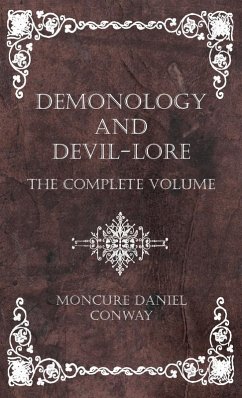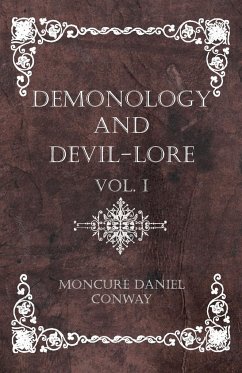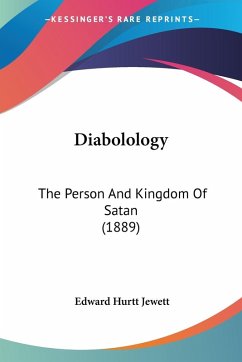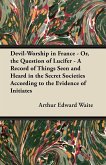Daniel Defoe (c.1659 - 24 April 1731), born Daniel Foe, was an English writer, journalist, and pamphleteer, who gained enduring fame for his novel Robinson Crusoe. Defoe is notable for being one of the earliest proponents of the novel, as he helped to popularize the form in Britain, and is even referred to by some as one of the founders of the English novel. A prolific and versatile writer, he wrote more than five hundred books, pamphlets, and journals on various topics (including politics, crime, religion, marriage, psychology and the supernatural). He was also a pioneer of economic journalism. The extent and particulars of Defoe's writing in the period from the Tory fall in 1714 to the publication of Robinson Crusoe in 1719 is widely contested. Defoe comments on the tendency to attribute author-less tracts to him in his self-vindicatory Appeal to Honour and Justice (1715), a defence of his part in Harley's Tory ministry (1710-14). Other works that are thought to anticipate his novelistic career include: The Family Instructor (1715), an immensely successful conduct manual on religious duty; Minutes of the Negotiations of Monsr. Mesnager (1717), in which he impersonates Nicolas Mesnager, the French plenipotentiary who negotiated the Treaty of Utrecht (1713); and A Continuation of the Letters Writ by a Turkish Spy (1718), a satire on European politics and religion, professedly written by a Muslim in Paris. From 1719 to 1724, Defoe published the novels for which he is now famous (see below). In the final decade of his life, he also wrote conduct manuals, including Religious Courtship (1722), The Complete English Tradesman (1726), and The New Family Instructor (1727). He published a number of books decrying the breakdown of the social order, such as The Great Law of Subordination Considered (1724) and Everybody's Business is Nobody's Business (1725), and works on the supernatural, like The Political History of the Devil (1726), A System of Magick (1726), and An Essay on the History and Reality of Apparitions (1727). His works on foreign travel and trade include A General History of Discoveries and Improvements (1727) and Atlas Maritimus and Commercialis (1728). Perhaps his greatest achievement alongside the novels is the magisterial A tour thro' the Whole Island of Great Britain (1724-27), which provided a panoramic survey of British trade on the eve of the Industrial Revolution. Daniel Defoe died on April 24, 1731, probably while in hiding from his creditors. He was interred in Bunhill Fields, London, where his grave can still be visited. Daniel Defoe is known to have used at least 198 separate pen names during his lifetime of writing. (wikipedia.org)
Hinweis: Dieser Artikel kann nur an eine deutsche Lieferadresse ausgeliefert werden.
Hinweis: Dieser Artikel kann nur an eine deutsche Lieferadresse ausgeliefert werden.








